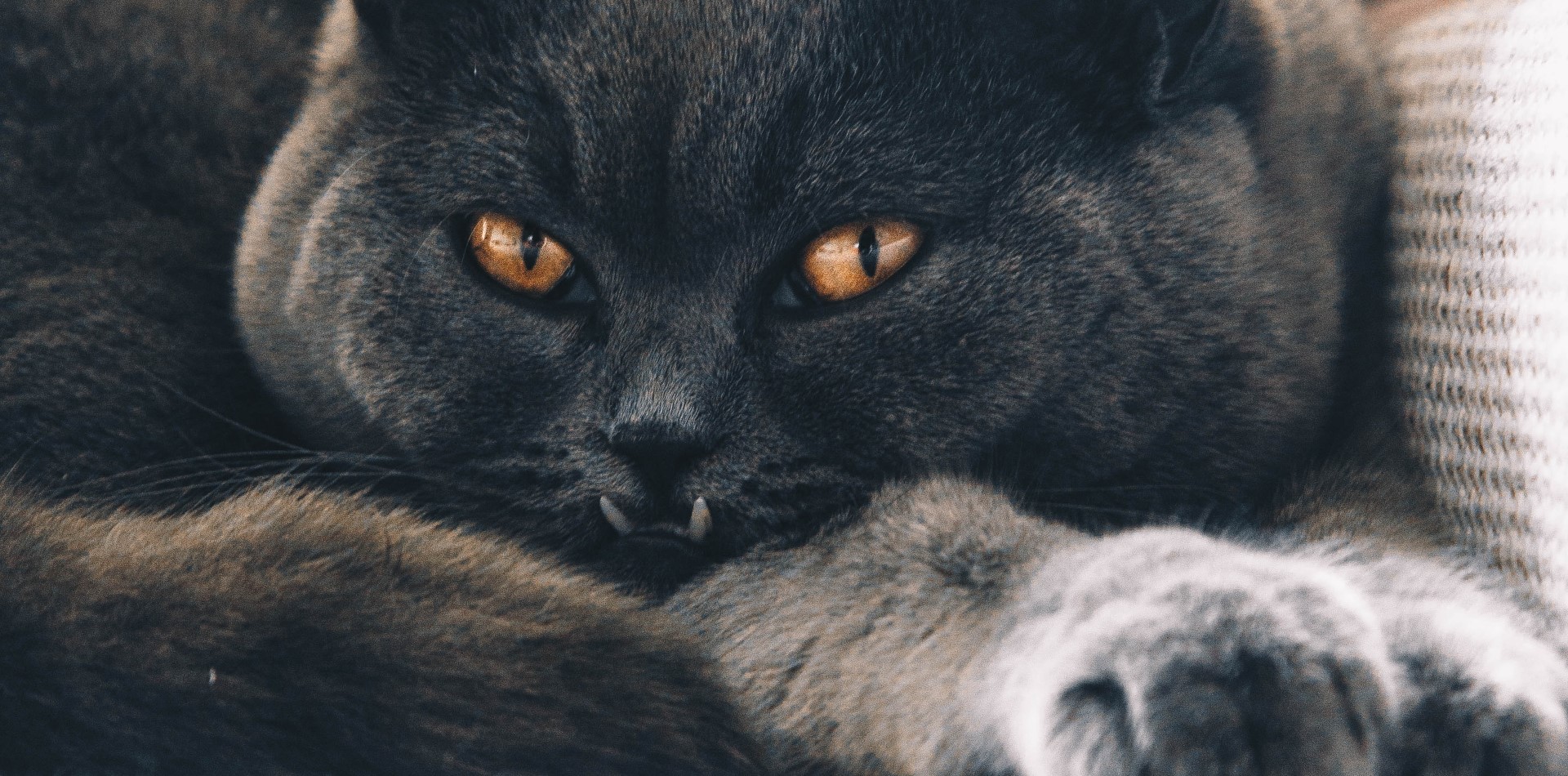Cats may suffer from any number of medical conditions in their mouth without their owner knowing. And as some of these problems may not be noticed until it’s too late, it’s important to take preventive measures to catch them before they progress.
From the time they’re kittens, we have to make sure that our cats are used to human touch, so that they’re not uncomfortable when we examine them. In the beginning, they may not like it. They may resist or even try to bite us. Even so, we can still get them to let us open their mouths, touch their eyes, ears, stomach and legs, and lay them on their backs—as long as we turn these activities into a fun game and reward them with playtime, food or petting. The key is to start slowly, and progressively familiarise them more and more until they are totally comfortable with human touch. This way, every so often, we can check their whole body and make it easier for the vet when we take them for their check-ups.
It’s also very important to take care of our cat’s teeth. If we don’t, bacterial plaque and tartar may build up with time. This can lead to gingivitis, bad breath, pain when eating, and tooth loss. Ideally, we should get our cats used to having their teeth brushed every day from the time they are kittens. But for some cats, that’s easier said than done. Luckily, plaque and tartar can be taken care of with certain chewable products or by putting additives in their drinking water. Cats who already have lots of tartar buildup may need general anaesthesia and an individualised dental treatment plan. It’s important to keep this in mind, because these dental problems increase their risk of chronic systemic infections which may spread to their kidneys, heart or elsewhere.
Periodically checking your cat’s mouth also lets you detect tumours early on, which is very important because in cats, tumours in the mouth are more likely to be malignant. The sooner they are caught and treated, the better the outlook.
Another common condition that may affect your cat’s mouth is feline calicivirus (FCV), which causes rhinitis, conjunctivitis and the formation of painful mouth sores, and may also lead to polyarthritis. It’s not usually an issue for properly vaccinated domestic cats, except when they have a disease that weakens their defences. In these cases, owners should be constantly on the lookout for symptoms.
In any case, cats should go to the vet for regular check-ups to ensure they are in good health, and any problems can be taken care of before it’s too late.

